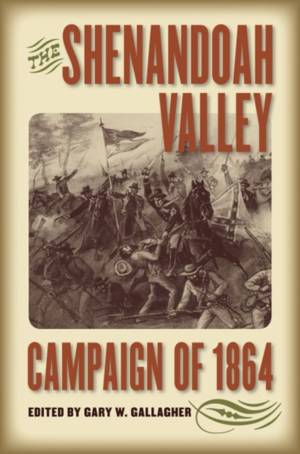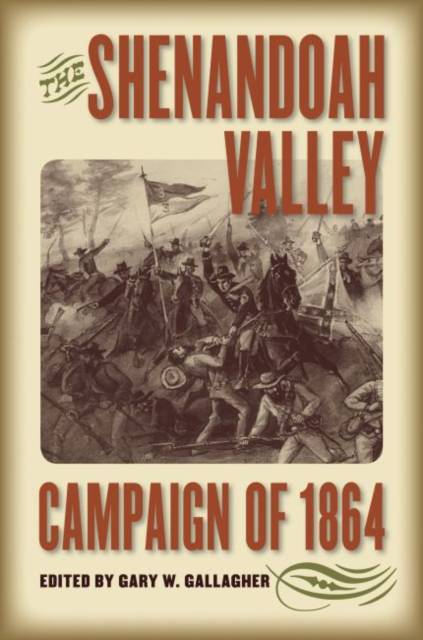
- Afhalen na 1 uur in een winkel met voorraad
- Gratis thuislevering in België vanaf € 30
- Ruim aanbod met 7 miljoen producten
- Afhalen na 1 uur in een winkel met voorraad
- Gratis thuislevering in België vanaf € 30
- Ruim aanbod met 7 miljoen producten
The Shenandoah Valley Campaign of 1864
Omschrijving
Generally regarded as the most important of the Civil War campaigns conducted in the Shenandoah Valley of Virginia, that of 1864 lasted more than four months and claimed more than 25,000 casualties. The armies of Philip H. Sheridan and Jubal A. Early contended for immense stakes. Beyond the agricultural bounty and the boost in morale a victory would bring, events in the Valley also would affect Abraham Lincoln's chances for reelection in the November 1864 presidential canvass.
The eleven original essays in this volume reexamine common assumptions about the campaign, its major figures, and its significance. Taking advantage of the most recent scholarship and a wide range of primary sources, contributors examine strategy and tactics, the performances of key commanders on each side, the campaign's political repercussions, and the experiences of civilians caught in the path of the armies. The authors do not always agree with one another, yet, taken together, their essays highlight important connections between the home front and the battlefield, as well as ways in which military affairs, civilian experiences, and politics played off one another during the campaign.
Contributors:
William W. Bergen, Charlottesville, Virginia
Keith S. Bohannon, State University of West Georgia
Andre M. Fleche, University of Virginia
Gary W. Gallagher, University of Virginia
Joseph T. Glatthaar, University of North Carolina at Chapel Hill
Robert E. L. Krick, Richmond, Virginia
Robert K. Krick, Fredericksburg, Virginia
William J. Miller, Churchville, Virginia
Aaron Sheehan-Dean, University of North Florida
William G. Thomas, University of Nebraska-Lincoln
Joan Waugh, University of California, Los Angeles
Specificaties
Betrokkenen
- Uitgeverij:
Inhoud
- Aantal bladzijden:
- 416
- Taal:
- Engels
- Reeks:
Eigenschappen
- Productcode (EAN):
- 9780807859568
- Verschijningsdatum:
- 1/02/2009
- Uitvoering:
- Paperback
- Formaat:
- Trade paperback (VS)
- Afmetingen:
- 165 mm x 235 mm
- Gewicht:
- 603 g

Alleen bij Standaard Boekhandel
Beoordelingen
We publiceren alleen reviews die voldoen aan de voorwaarden voor reviews. Bekijk onze voorwaarden voor reviews.







